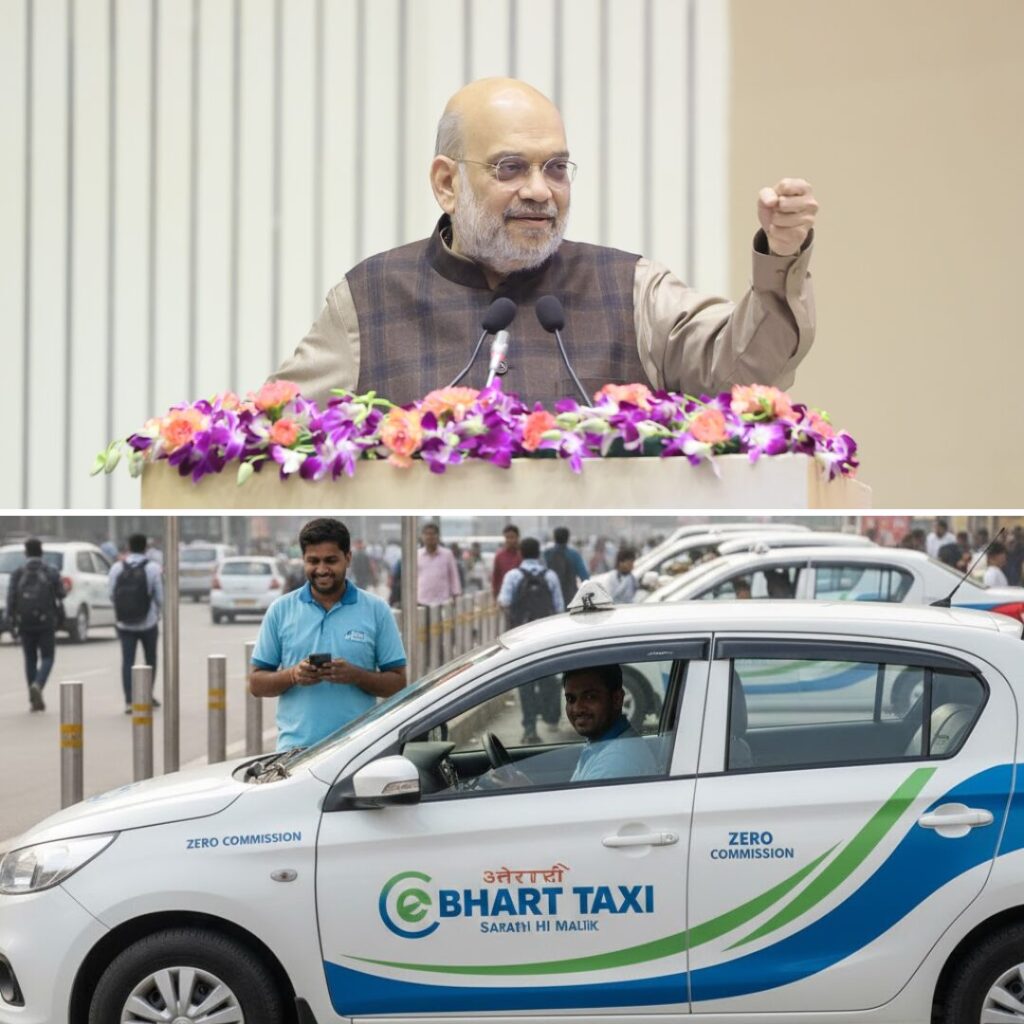Amid the nationwide lockdown, official and market data reviewed by Hindustan Times found that barring cereals, the prices of key staples have surged nearly three times from a month ago due to a huge supply shock.
Data from the consumer affairs ministry, and various agricultural produce market committees (APMCs) has found that there are three main factors driving food prices higher.
First, from the first week of March, arrivals of farm commodities in APMC markets have plunged down almost 60% in some markets.
Second, despite exemptions from the lockdown, truckers continue to struggle to cross interstate boundaries as land transportation costs have risen significantly.
Third, the loading, unloading and sorting of commodities have been been affected due to restrictions and quarantine measures which have resulted in labour shortages.
The UN’s Food and Agricultural Organization has revealed that in developing nations, a 10% rise in food prices proportionately hits household budgets.
The Geneva-based International Labour Organization (ILO) on April 8 said in a report that this nationwide lockdown could result in incomes of potentially 400 million poor Indians being shattered.
Economists have warned that although currently restrictions and regulations in movement have led to a spike in food prices, things could soon run the opposite way with supply shocks turning into demand shocks.
‘Loss of income will lead to a drop in demand for food in the coming months. A possible decline in food consumption could result in malnutrition too,’ said Himanshu (one name), an economist with the Delhi-based Jawaharlal Nehru University (JNU).
Since cereals are being adequately supplied from state-run granaries, their prices are still steady.
‘Restrictions have impeded farmers’ access to markets, denying outlets of sale for farm produce,’ said R Mani, an economist with the Tamil Nadu Agricultural University.
Clearly, winter crop production has seen no noticeable fall, but state and federal officials could not successfully coordinate supplies and ensure deliveries at fair prices and at the right time.
India’s official retail food inflation data for March is scheduled to be released on April 13. Due to the lockdown, the National Statistics Office has, in a directive, asked its statisticians to collect by prices are collected via telephonic enquiries, as field visits would not be possible.
A representative idea of the supply crunch is offered by tomatoes and onions.
Official data revealed that between April 1-6, Andhra Pradesh’s Mulakalacheruvu APMC market, which is a tomato hub, received just 60 tonnes of tomato. This went for a modal price of Rs 550 a quintal (100 kg each) or Rs 5.5 a kg. Tomatoes’ retail price in towns supplied by Mulakalacheruvu ruled between Rs 30-40 kg.
Nashik’s Lasalgaon is Asia’s biggest onion market, where arrivals are down by over 80% from a month ago, revealed data from the state-run National Horticulture Research and Development Foundation.
Farmers, unable to source buyers, are being forced to dump farm produce. ‘My neighbour had to dump one tonne of chillies and two tonnes of chickpeas because there were no buyers at the mandi,’ Amra Ram, a leader of the All India Kisan Sabha, said over the phone from Rajasthan’s Sikar APMC.
Farmers have been significantly affected by bottlenecks in transportation.
‘The home ministry’s orders have not percolated to the ground level even though operators want their vehicles to move. Trucks are still being stopped at various state borders,’ Kultaran Singh Atwal, president of the lobby group, All-India Motor Transport Congress, said.
He added that once the consignments are dumped by the truckers, state authorities do not allow them to return empty.
‘We got 42 kg of rice, five kg of dal [lentil] and two litres of cooking oil from the government. But my three children are eating much less than before because there are no vegetables and fish on their plates,’ said Atifa Begum, a resident of North Lakhimpur in the northeastern state of Assam.
Also Read: WHO Director Faces Calls To Quit For Taking China’s ‘Large-Scale COVID-19 Cover-Up’ At Face Value













